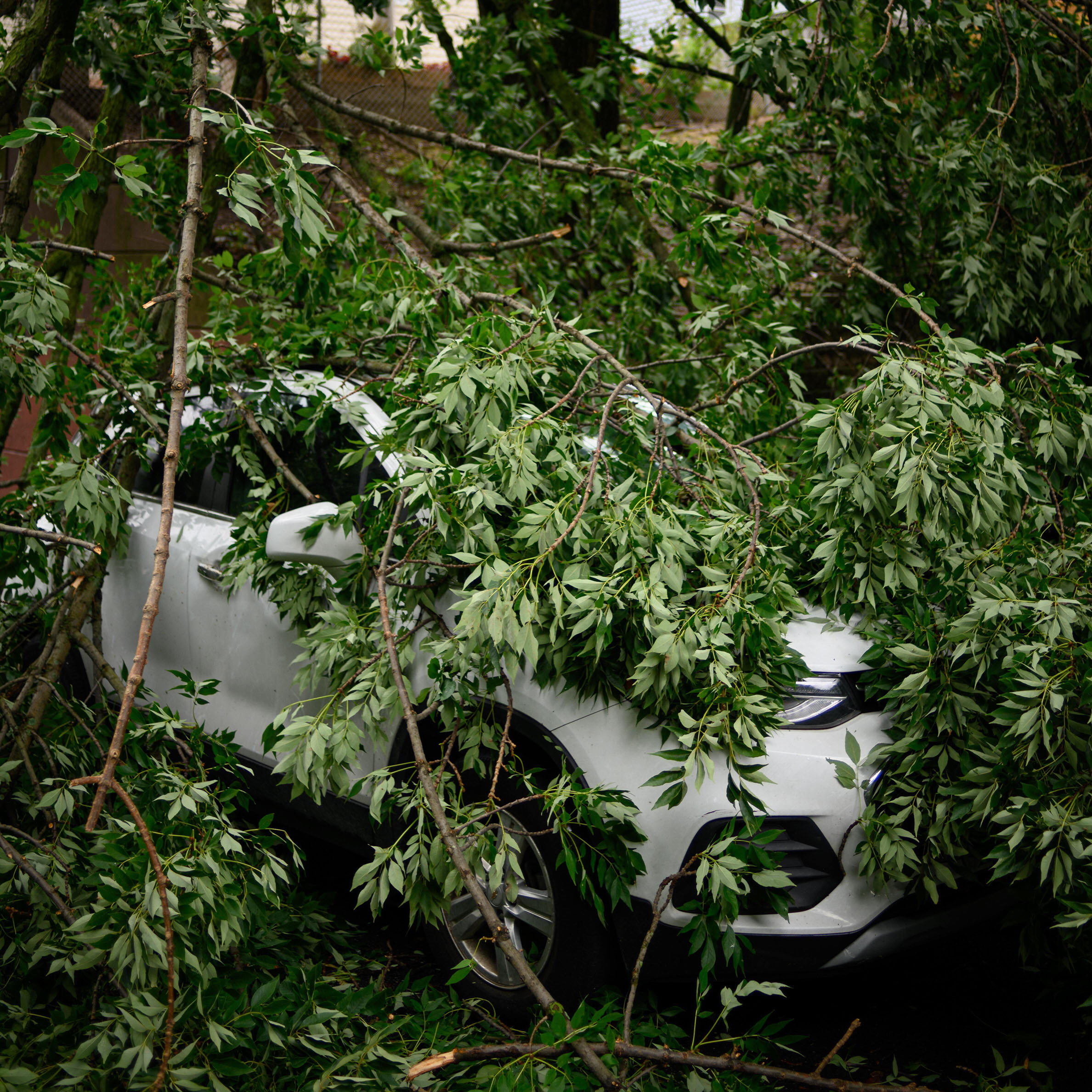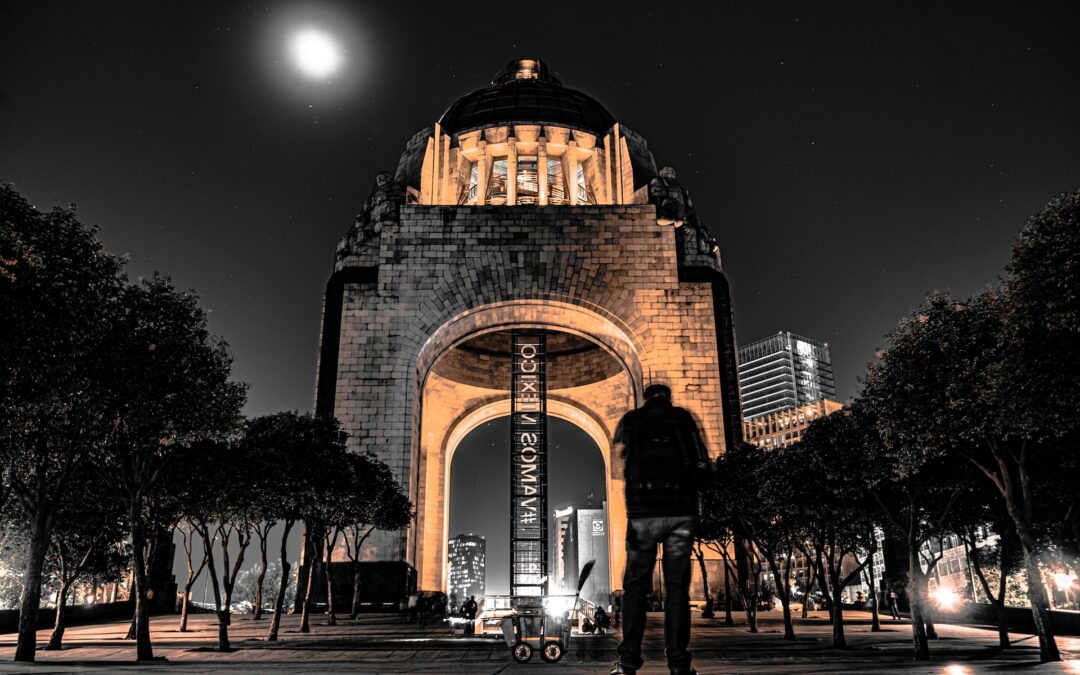Let’s be honest. When you rent a car, the last thing you expect to happen is to be involved in a crash. So whether you’re traveling for vacation, for business, or something else entirely, it’s improbable that you want to deal with a rental car accident.
Dealing with the unexpected is never on your travel itinerary, but navigating on unfamiliar roads, driving a vehicle that you haven’t learned all the quirks of, and the law of probability means you shouldn’t neglect to prepare for the possibility that a car accident could happen to you.
If you’ve ever dealt with a collision in your personal vehicle, the good news is that handling an accident in a rental car is a very similar process. However, there are more conditions within your rental agreement and more complexities when you’re dealing with rental car insurance. Educating yourself and being prepared in the event of an accident in your rental car is the best way you can help your future self to deal with the unexpected.
Here’s what you need to do if you’re involved in an accident in your rental car:
Safety first
This first step is so natural and intuitive that you probably don’t even have to think about it. If you’re ever in an accident, make sure everyone in your car is okay before you do anything else.
Next, do an external surroundings assessment. Check the scene around you, look for any other vehicles involved, and assess your position in terms of safety. If it is possible to do so, safely pull over on the side of the road.
If someone is injured or the accident is serious, immediately call 911 for assistance in the situation. If you assess that there’s any danger of an explosion, clear the area while you wait for assistance.
As always, the safety of the people involved is paramount to objects. A car can be replaced, but you and your loved ones cannot. Your rental car company values your safety more than their property as well, so make sure you’re safe first.
Contact information
Assuming the incident involves another party after you’ve established everyone is okay, it’s a good idea to go ahead and exchange contact information and insurance information with the other driver.
If you’ve never been in an accident before, you may not know what information to exchange with the other parties involved. It may be a good idea to keep a card in your wallet to make the exchange easier. The information to include for yourself and collect from the other person include:
- Name
- Address
- Phone number (Note their preference for calls or texts)
- Email address (Note their preference)
- Insurance company and policy number
- Driver’s license number
- Vehicle registration and license plate number of the vehicle
In addition to those involved, there may be witnesses that saw what happened. It’s a good idea to get their contact information as well. It doesn’t have to be quite as thorough, but you will definitely want their names and the best way to reach them.
If law enforcement arrives on the scene, you should know that you’ll be expected to show them your driver’s license, vehicle registration, financial responsibility evidence like proof of insurance, and provide your current address. They are there to help facilitate the handling of the incident, so as a responsible driver, it’s your role to help make that process easier to document for the record.
Even if you think the accident was your fault, don’t say that to the other drivers or the police. You may be upset but make an effort to be polite. Feel free to show empathy by asking if others are okay, but avoid saying anything that sounds like an admission of fault. Things like “I’m sorry,” “I should have been paying more attention,” or “I can’t believe I did that” should be left unsaid.
These accusatory statements can be used against you at a later time, and you could find yourself with no protection from your insurance company. So, protect yourself in the moment. Know that your assessment can always be flawed, and even if you think you were at fault, you might not have been. But, once you accept the blame, it’s harder to shed.
Accidents can cause high emotions. It’s a sudden and unfortunate circumstance. If you notice the other people involved are hostile during your assessment of the situation, it is advisable to avoid engaging with them until law enforcement arrives on the scene. Arguing with the other people involved will just make a bad situation worse.
While it’s important to exchange your contact information, exercise caution when dealing with other parties involved. Don’t sign any statements regarding the situation. The other person may want you to agree on who is at fault or offer to pay your damages. Again, don’t sign anything. Likewise, don’t make any promises to pay for the other person’s damages or deductible.
It’s also unnecessary to disclose to the other parties that you are in a rental car. Some drivers may view it as an opportunity to take advantage of the situation and rest the blame on you. The fact you’re in a rental is highly unlikely to have any bearing on the incident in the first place. Being aware of the compulsion to overshare when you’re in an unexpected circumstance may help you avoid saying more than you need to.
Documentation
Documenting the accident as soon as it occurs is the best way to ensure that details are not lost and you’re not left with an inconsistent recollection of the events later. Take notes.
In addition to your notes, take numerous photos. Remember to capture different angles, and you can always delete photos later. You can’t go back in time and take more. So, be sure you get plenty of pictures for documentation purposes.
When it comes to documentation, here are the pieces of information you should prioritize:
- Year, make, and model of every vehicle that was involved
- The number of passengers in each vehicle
- Anything that stands out about the cars involved
- The accident’s exact location with street names, landmarks, lane description, etc.
- Anything you remember about the moments leading up to the event that might be relevant later
- How the accident occurred
Rental company
Once you’ve handled the immediate concerns and needs that the situation demands, don’t forget to contact your car rental company as soon as possible. In the early steps after the accident, you’ve handled the situation as you usually would in your vehicle.
Now, the rental car company needs to be made aware of the accident. Because the rental car company knows that accidents happen, there will usually be a sticker with an emergency number to contact in the glove box. Another place the number can usually be found is on your rental agreement.
You’ll want to let the company know what’s happened so far, and you will need to ask them how to proceed. It may feel a bit redundant at this point because the rental car company will likely have you complete an incident report that asks for a lot of the information you’ve already collected. However, as it is their property, it is their right to document the events that occur when it is in someone else’s care.
Insurance Company
If you have auto insurance, you may have opted to use your existing insurance coverage to serve as your primary source of coverage. So, it’s appropriate to reach out to them next to inform them about the accident and start the claim process.
When you talk to your insurance company, make sure to get answers to these questions:
- Should you file an accident report with the local police department, or will they handle it?
- Do you have collision coverage? Do you have comprehensive coverage? These are additional forms of coverage that go beyond the legally required liability coverage.
- What is your deductible?
Your deductible is your portion of the repairs that you’re required to pay. For example, if you have a deductible of $500 and the repair will cost $5,300, you will pay the first $500 in the cost of the repair, and the insurance will pay the remaining $4,800.
If you have overlapping coverage, you will have primary and secondary coverage. This is common in rental cars because often drivers are offered additional insurance. You will still file a claim with your primary insurance provider, and your secondary coverage may step in to cover additional costs that your primary insurance does not cover, including reimbursing your deductible.
You may even have coverage that you didn’t realize you had. For example, some credit card companies offer insurance for rental cars when you book your reservation with their card. This can be useful as a secondary provider, and it can be a money-saving feature if you find yourself dealing with an accident in your rental car.
Summary
Car accidents are no fun. An accident in your rental car can seem like your worst nightmare come to life, but with the proper education for the situation, you can stay level-headed and get the matter resolved with less hassle.
Remember to follow your typical process after an accident, contact your rental car company, and contact your insurance company. Good luck, and stay safe out there.
Sources:
What to Do If You Have an Accident in a Rental Car | NerdWallet
What is Proof of Financial Responsibility? And Why It Matters | AutoInsuranceSavings.org
Post-traumatic Stress After a Traffic Accident | FamilyDoctor.org




